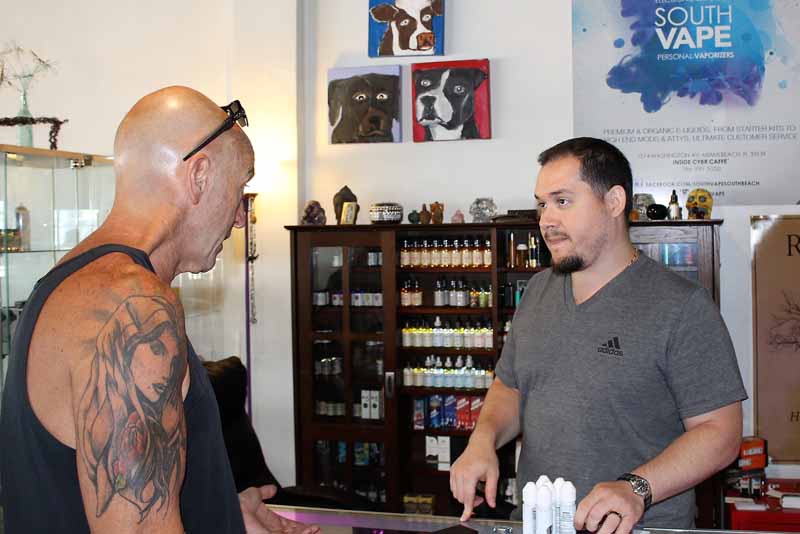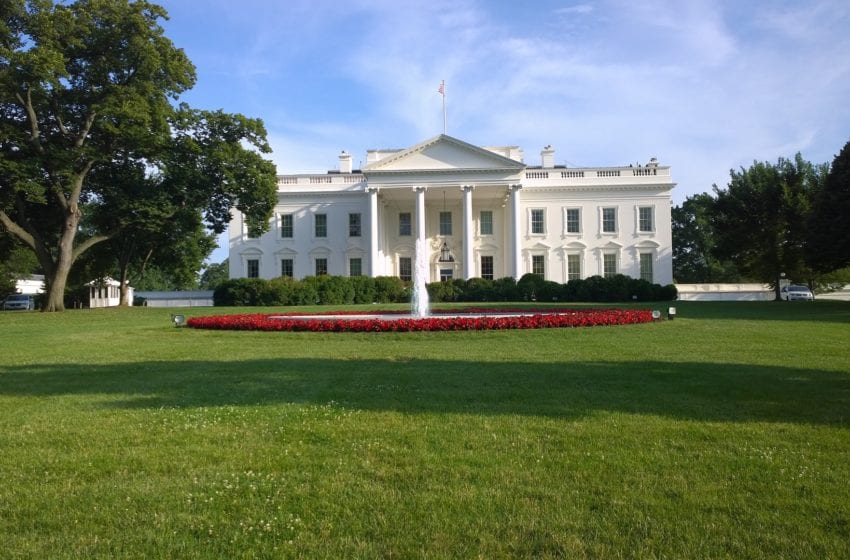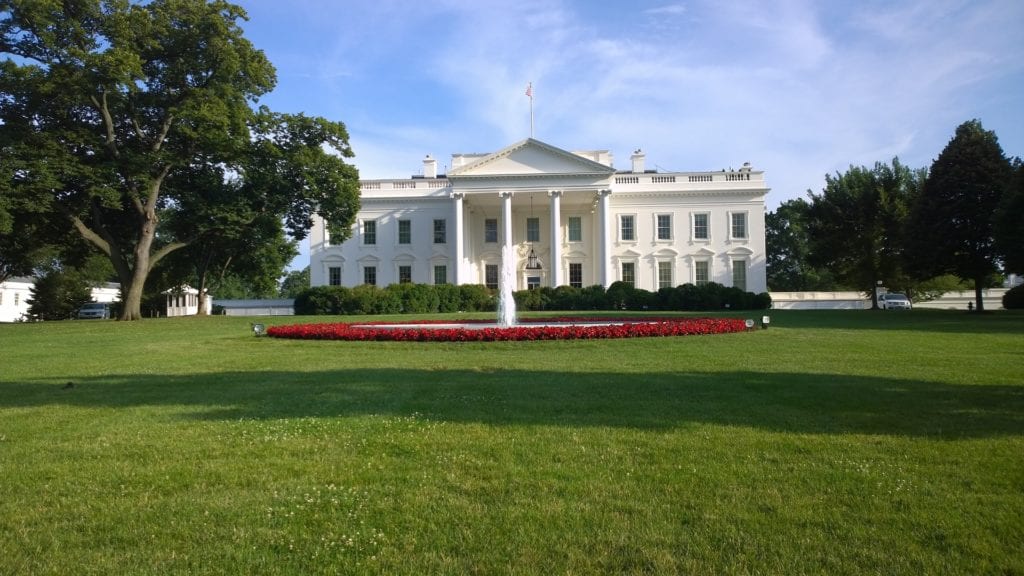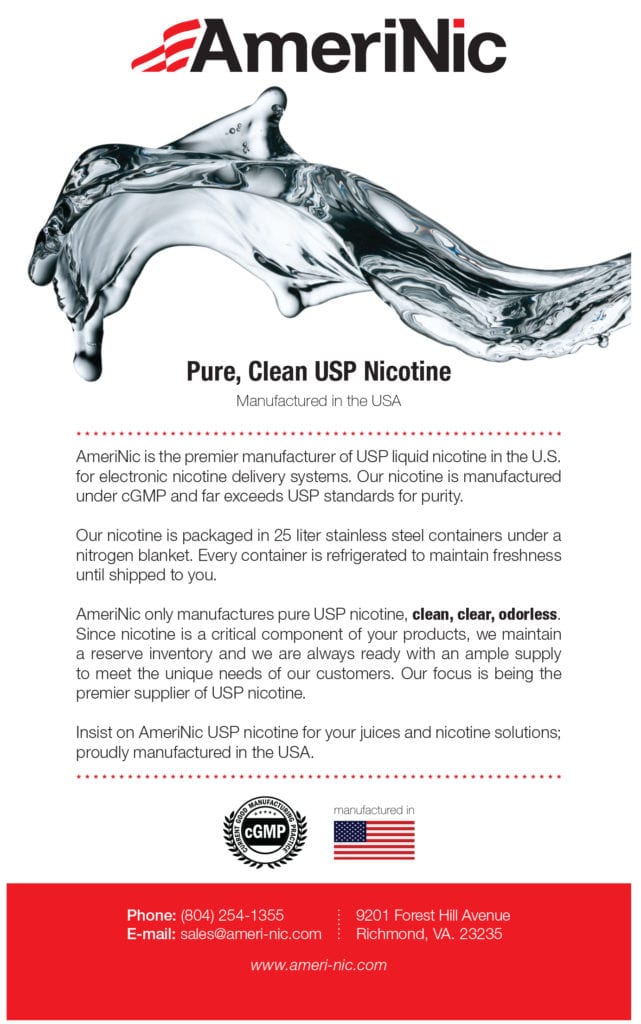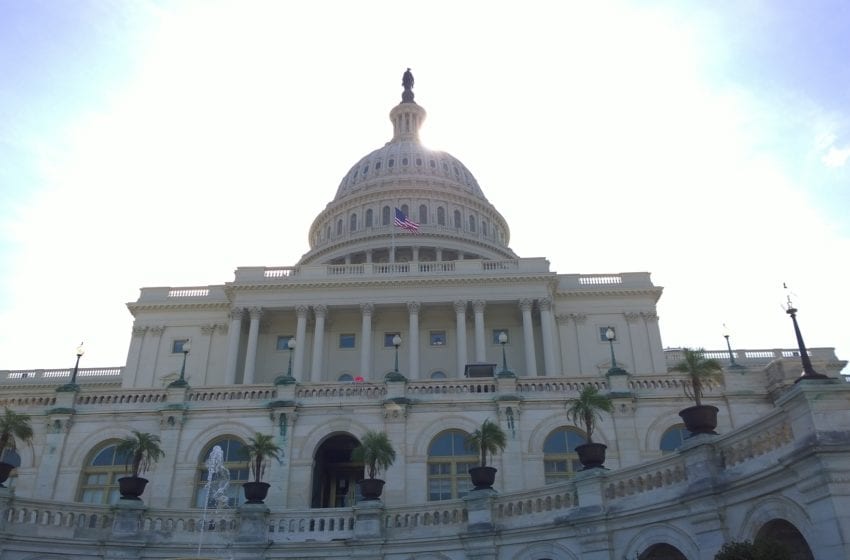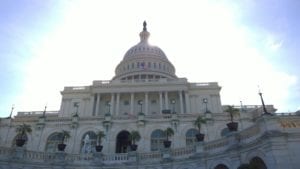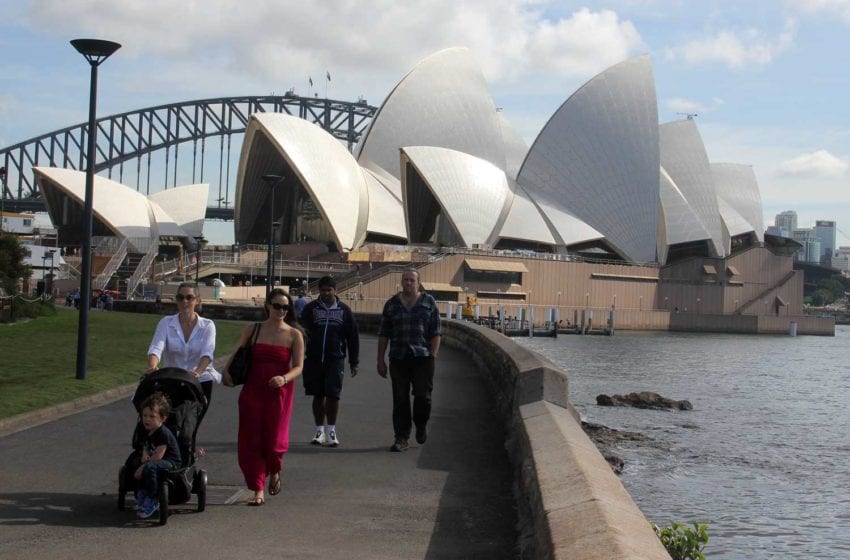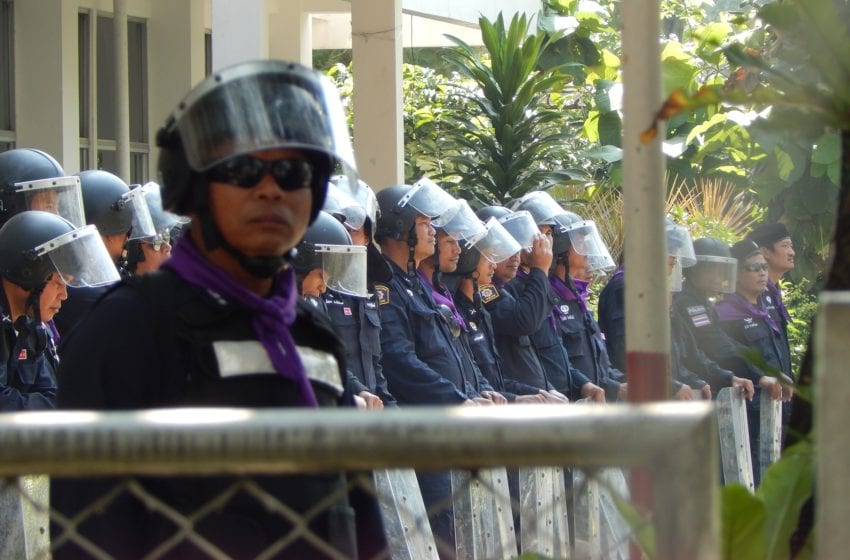Buried in the enormous spending/COVID-19 relief package that Congress approved this week is a bill that imposes new restrictions on the distribution of all vaping equipment, parts, and supplies, including a ban on mailing them. The provision illustrates not only how utterly irrelevant legislation can be slipped into unread, must-pass bills but also how Congress warps reality through legal fictions and uses save-the-children rhetoric to justify restricting adults’ choices, writes Jason Sullum in an opinion piece for Reason, a libertarian think tank.

Title VI of the 2021 Consolidated Appropriations Act, which appears on page 5,136 of the 5,593-page bill, is called the Preventing Online Sales of E-Cigarettes to Children Act. The bill was introduced last April by Sen. Dianne Feinstein (D–Calif.), joined by seven original cosponsors: six Democrats plus Sen. John Cornyn (R–Texas). It includes two changes aimed at complicating and obstructing online sales of vapes and e-liquid.
Feinstein’s bill amends the Jenkins Act of 1949, which requires that vendors who sell cigarettes to customers in other states register with the tax administrators in those states and notify them of all such sales so they can collect the taxes that the buyers are officially obligated to pay. In 2002, the General Accounting Office (now the Government Accountability Office) found that online cigarette sellers routinely flouted the Jenkins Act and that the federal government had done virtually nothing to enforce it. Nine years later, Congress amended the law, beefing up its reporting requirements and extending it to cover roll-your-own tobacco.
The Feinstein bill further expands the Jenkins Act, redefining cigarette to include “electronic nicotine delivery systems,” which are not cigarettes. It also counterintuitively defines electronic nicotine delivery system to include products that do not deliver nicotine: “any electronic device that, through an aerosolized solution, delivers nicotine, flavor, or any other substance to the user inhaling from the device” (emphasis added). That category includes e-cigarettes, e-hookahs, e-cigars, electronic pipes, vape pens, and refillable vaporizers, plus “any component, liquid, part, or accessory” used with those devices, whether shipped together with them or sold separately.
In other words, every product related to vaping, whether of nicotine, THC, CBD, lavender, or anything else, will now be subject to the Jenkins Act’s burdensome requirements. According to Feinstein, a bottle of e-liquid is a cigarette; so is a bottle of herbal essential oil if you plan to vape it. A coil or pod cartridge for a nicotine vaporizer is now also a cigarette; so is a vaporizer designed for THC or CBD oil.
Feinstein’s bill also requires the U.S. Postal Service to “clarify” that the ban on mailing cigarettes covers all of those products, which are not actually cigarettes and may not even have anything to do with nicotine. The new ban, disingenuously presented as a clarification of the existing ban, will take effect within 120 days of the law’s passage.
These reality-defying redefinitions ostensibly are aimed at preventing the sale of e-cigarettes to anyone younger than 21, the minimum age set by federal law. “Buying e-cigarettes online is one of the easiest ways for children and teens to get their hands on these harmful products,” Feinstein said when she introduced the bill. But the new burdens and restrictions go far beyond what is necessary to enforce the minimum purchase age. Requiring robust age verification for orders or an adult signature for deliveries, for example, would prevent sales to consumers younger than 21 without the expensive disruptions this law will cause.
“While there is no shortage of talk in Congress about the importance of small businesses and social distancing, the decision to shove this ban in the middle of a pandemic relief package reveals how hollow that rhetoric is,” says Gregory Conley, president of the American Vaping Association, an advocacy group that supports vaping as a harm-reducing alternative to smoking. “Many Americans at risk of COVID-19 complications have been staying home and ordering their supplies online, but Congress just decided they should either pay much more for shipping or go to a retail store that may not stock the product they use to stay off deadly cigarettes.”
Conley notes that shipping vaping products to minors is already illegal, and “the Food and Drug Administration has repeatedly enforced this law against bad actors in the industry.” While law-abiding vendors for years have been using the postal service’s ID-at-delivery option to comply with the age limit, “this will no longer be permitted.”
In short, a bill presented as a commonsensical effort to enforce the minimum purchase age is actually an assault on the vaping industry and its adult customers. “If the increase in shipping costs wasn’t enough, the bill also imposes huge paperwork burdens on small retailers, and backs it up with threats of imprisonment for even innocent mistakes,” Conley notes. “This is not a law designed to regulate the mail-order sale of vaping products to adults; it’s an attempt to eliminate it.”
Thanks to Feinstein’s sweeping and arbitrary definition of electronic nicotine delivery systems, the impact extends far beyond nicotine vaping. On its face, the law requires companies that sell cannabis vaping devices to comply with the Jenkins Act. It also prohibits them from mailing their products to customers. Although that is already arguably prohibited by federal law, the issue hinges on whether vaping equipment sold without any reference to cannabis nevertheless qualifies as “drug paraphernalia.” As written, the Feinstein bill also imposes these burdens on federally legal products such as CBD oil and herbal extracts used for aromatherapy.
“This could have a significant effect on cannabis vaping products, even if the intent is clearly to curb nicotine products,” Aaron Smith, CEO of the National Cannabis Industry Association, told Marijuana Moment. “We’re making sure that Congress and the incoming administration understand that it would be a misguided waste of resources to apply this to the already heavily regulated cannabis industry. In the long run, it’s important that cannabis is descheduled so it can be appropriately regulated at the federal level, clearing up ambiguities like this.”

